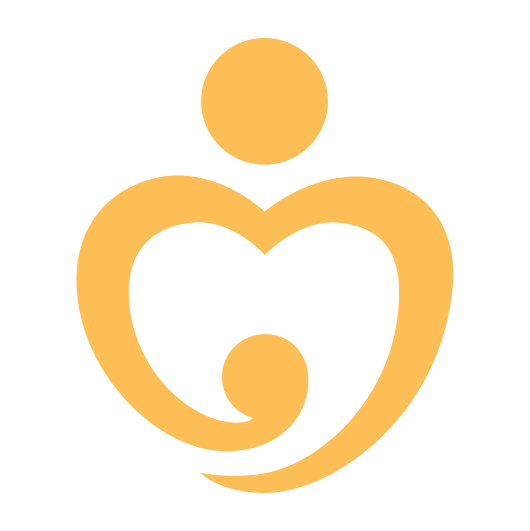Meet the Chair: A Conversation with Dr. Kirsten Meisinger, the new Board Chair of One Heart
Recently I had the opportunity to speak with Dr. Meisinger, learned about her profession as a family medicine physician, her experience working with healthcare transformation both in the United States and internationally, and heard about the time she spent in Nepal with OneHeart.
Dr. Meisinger says that she decided to attend medical school because she “didn’t have a better idea” of what to do with her science degree from Brown University. Once in medical school though, Dr. Meisinger found that she “really loved every specialty”, and wanted to find a way to do it all in her career.
She found that she was able to do so in the field of Family Medicine, a specialty that is based in the “philosophy of person, family, and community”. Because of how comprehensive the field is, Family Medicine is very complex and can present challenging cases, and each patient presents with their own unique story that a family physician uncovers over time.
Dr. Meisinger values seeing her patients as people, and deeply cares about the stories that her patients bring with them from outside of the office. It’s clear that this is the case from the extra time Meisinger puts in outside of the office to not only understand medicine, but understand lifestyles, customs, and cultural heritage that shapes the lives of her patients.
The other key component to Mesinger’s philosophy as a physician comes from the teams-based system of care she has worked to implement on an international scale. “People describe the patient-doctor relationship as a sacred space, and we want to build confidence and trust of the patient in the clinical environment as well”. In a setting where the doctor is the sole provider and holds all responsibility for the care of the patient, not only does this decrease the efficiency of care, but it can also lead to burnout of physicians. Making primary care a shared responsibility among multiple people helps to improve healthcare in both quality of care and quantity of patients seen.
Implementing this shift in the structure of care in primary clinical settings is referred to as primary care systems transformation. In 2008, the primary care clinic Dr. Meisinger worked at started this shift towards team-based care, and since then, Meisinger has worked on systems transformation for Family Medicine on an international scale. She is the current Director for System Transformation and Leadership at the Harvard Medical School Center for Primary Care.
“The process of transformation is to take something and make a fundamental change to it. There is a wholesale change to something from what you started with.” Meisinger says. Early in her career as a Family Physician, a doctor was expected to identify and explain a problem, along with screening them for preventative factors, all within one 15-minute appointment. As it stood, being a primary care doctor was a job that “nobody could do for long without exhausting themselves.” It was a field that needed some type of fundamental change to its organizational structure, or a transformation. The transformation of this primary care system comes from including other medical staff members in the office in the chain of care. Now, the job a doctor was expected to do approximately 30 years ago is split among 7 people, says Meisinger. Receptionists, nurses, and doctors work together, both in-office and online through patient portals, to improve patient care. Community Health workers connect people who need care to the health center.
When she started practice, Dr. Meisinger cared for approximately 700 patients; now, with team-based care, her panel is around 2,000 people.
Dr. Meisinger grew up in Washington Heights, NYC, where “everybody is from somewhere else,” as her own father, who emigrated from Europe during WW2. She finds herself most comfortable as a “citizen of the world” as someone who is fluent in Spanish, Portuguese, and French. This international draw and language proficiency has led her to work internationally on systems transformation in Australia and in Brazil.
In 2018, Dr. Meisinger received her master’s degree in Health Care Delivery Science from Dartmouth, where she met Surya, the current executive director of the Kathmandu team of One Heart. As a doctor who was seeing an influx of Nepali patients coming from Kathmandu but was relatively unfamiliar with Nepali culture, Dr. Meisinger sought out knowledge from Surya to help her understand some of the complexities of the culture so that she could better understand and better treat her patients. The two became friends during the course of their master’s program.
Surya introduced Dr. Meisinger to One Heart during her time at Dartmouth. The two of them got a team together to do an Action Learning Project, which is a project designed to apply theories they were learning about in their program to a real-world situation. The project focused on improving the medicine distribution system in Nepal, and was so inspired by the work of One Heart, she remained connected to One Heart after her work in her master’s program was done.
Dr. Meisinger stepped into her position as board chair in June 2023. She wants to ensure that One Heart continues promoting high-quality care and maintains its status as the “well-regarded organization it has been up to now.”
When I asked Dr. Meisinger about what in particular she liked about the organization and strategies One Heart uses to provide care, she noted, “two pieces of the work at One Heart that are done exceptionally well.” One is the government extender program, which allows One Heart to work directly with the government of Nepal to ensure that the work done by the organization will benefit areas in need. This also allows One Heart to eventually exit the area and turn care over to the government, which will be responsible for the less costly but incredibly important maintenance of the health centers.
The second piece comes from quality improvement. This is “using quality techniques to implement transformation successfully,” which One Heart does use run charts to ensure that they are following protocols and keeping up with high-quality standards. Dr. Meisinger saw this commitment to quality improvement firsthand during her visit to Nepal, where she noticed the nurses and skilled birth attendants constantly referring to their run charts to check that their actions matched the protocols. “You can’t get many US hospitals to do this type of thing, but in this birthing center on the side of a mountain in rural Nepal, they are committed.”
I wanted to know if there were any other memorable aspects of her trip to Nepal, and Dr. Meisinger told me that she will always remember the placenta pit. Dr. Meisinger was unfamiliar with this concept before her visit, but a skilled birthing attendant working at the center kindly showed her one, which was a hole covered with a metal grate. “I learned that they discard the placenta there. It’s to keep the wild animals from coming into the birthing center. What type of wild animals? I asked. And the attendant said, ‘Oh, just the tigers mostly.’ And I learned something new that day. We don’t really deal with tigers in Boston'!”
Dr. Meisinger is both excited and committed to her new position as board chair of One Heart. Not only does Dr. Meisinger bring plenty of prior experience and expertise to her new position at One Heart, but her dedication to making lives better and her compassion will make her an asset to the team. One Heart is excited to continue its mission to save lives and promote well-being in Nepal with Dr. Meisinger at the helm of the Board.
Dr. Meisinger will be a speaker for a webinar hosted by OHW titled “Maternal & Newborn Health in Nepal: Contributions from One Heart Worldwide.”
Join us on Tuesday, August 22, at 7 am Pacific / 10 am Eastern / 7:45 pm Nepal to meet our new Board Chair and learn more about the status of maternal health in Nepal right now!






